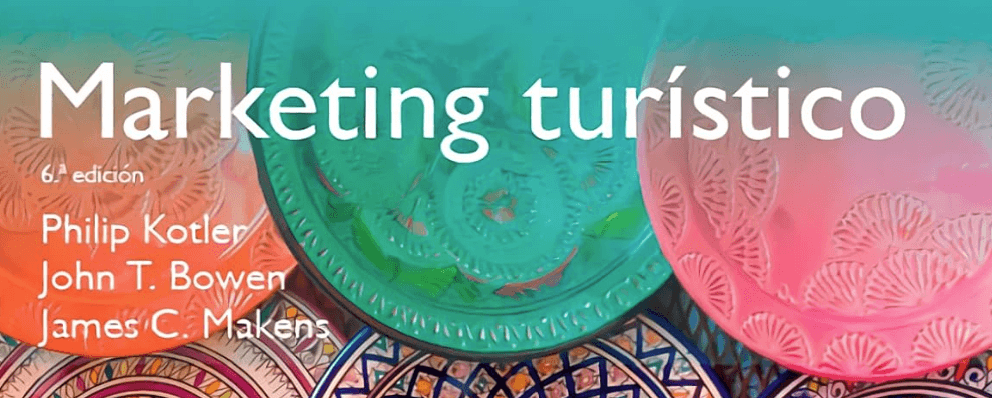In today's digital age, small tourism businesses face the constant challenge of standing out in a saturated market. Traditionally, Online Travel Agencies (OTAs [Booking, Hoteles.com, etc.)) have been the preferred channel for capturing reservations, offering visibility in exchange for a significant cost in commissions. However, the landscape is being transformed thanks to artificial intelligence (AI), which is revolutionizing the way hotels and tourism companies capture direct sales. In this article I will discuss how AI is facilitating this change and why it is essential for small tourism businesses to opt for direct sales.
The Importance of Direct Sales
Direct sales allow tourism companies to completely control their narrative, pricing and customer relationship. Unlike OTAs, which act as intermediaries and take a portion of the revenue, direct sales eliminate those intermediaries. This not only improves profit margins but also allows direct communication with customers, making it easier to personalize offers and build brand loyalty.
From the point of view of the sustainability of a territory, ensuring that its companies have the maximum direct reserves is a priority, since it allows the money paid by the client to revert directly to the population of that territory.
From the customer's point of view, making direct reservations guarantees that the money they pay for the service they hire corresponds to the service they receive. When this is not the case, the client feels that he has paid much more than he is actually receiving... and it is true that he has paid much more, because surely several intermediaries have participated in the sale of their services and each of them has kept a profit. commission for the services he will provide. This is the big problem of receptive agencies and that I already mentioned as a result of the classes I was teaching in Tanzania, to help them get direct clients.
For small tourism businesses, it is crucial to differentiate themselves in a competitive market, to create lasting relationships with their clients and to be economically sustainable, to achieve maximum direct sales.
AI Transforming Advertising Campaigns
The integration of artificial intelligence into digital marketing strategies is changing the game for tourism companies. AI can analyze large volumes of data to identify trends, user behaviors and booking patterns, allowing companies to target their audiences with unprecedented precision. This means that advertising campaigns can be highly personalized and optimized to attract direct bookings.
How AI Intervenes in Campaign Creation
AI intervenes in the creation of advertising campaigns in several ways:
- Advanced Audience Segmentation: It uses algorithms to analyze online behavior and customer preferences, allowing tourism businesses to segment their audience more effectively and personalize their messages. If you can access this type of data, creating campaigns is much easier. The secret is to make more and more segmented ads. Google's “performance max” campaigns help with this point and creating them is not so heavy if you use ChatGPT to create everything that the advertising system asks of you.
- Campaign Optimization in Real Time: AI (both Google and Meta) monitors campaign performance and automatically adjusts budgets and bids to maximize visibility and conversion, ensuring the right message reaches the right person at the right time.
- Dynamic Content Creation: Generate and adapt advertising creatives based on user interaction, improving ad relevance and engagement. Here, again, Google's “performance max” campaigns work perfectly.
- Trend Prediction: Anticipate changes in customer preferences and adjust marketing strategies to take advantage of these trends, keeping companies one step ahead. This section is not as easy as the previous ones because it requires being attentive to trends, but ask Gemini (Google's AI, which is connected to the internet and updated) from time to time, helps you see the changes coming.
In summary, the integration of artificial intelligence into digital marketing campaigns represents an unprecedented opportunity for small tourism businesses. By encouraging direct sales and reducing dependence on OTAs, these companies can improve their profitability and forge a closer relationship with their customers. In an increasingly competitive market, the adoption of AI is not just an advantage, it is a necessity for those seeking to differentiate themselves and prosper in the tourism industry.
You can read more about the topic here:
What do you think? Do you think AI can help the sustainability of destinations?
We're going talking
A hug








Leave a Reply
Want to join the discussion?Feel free to contribute!